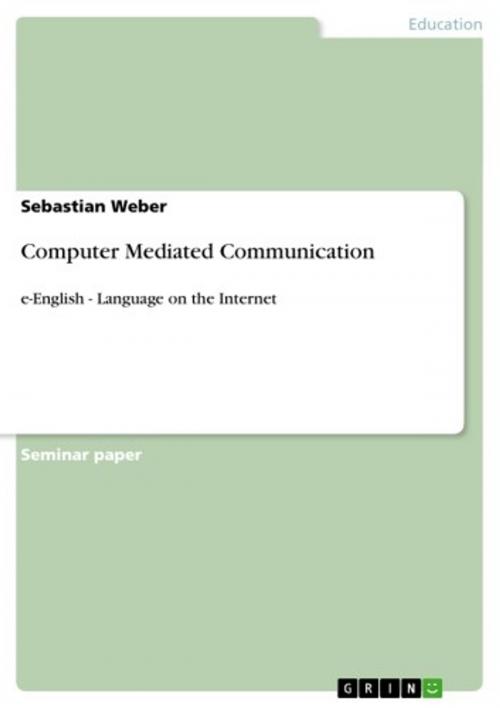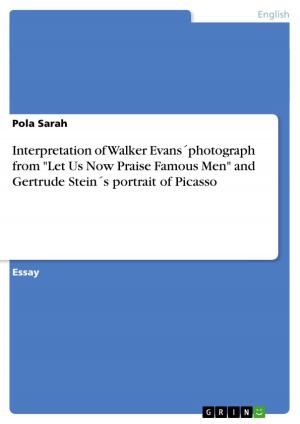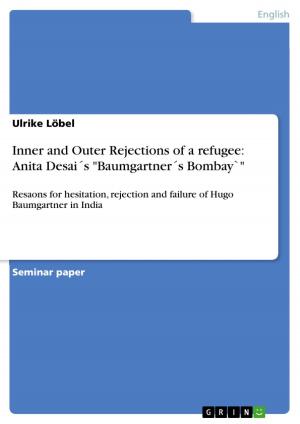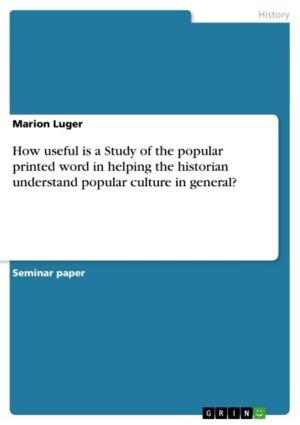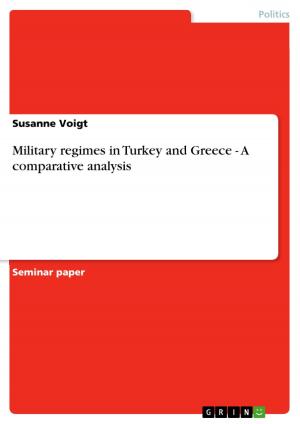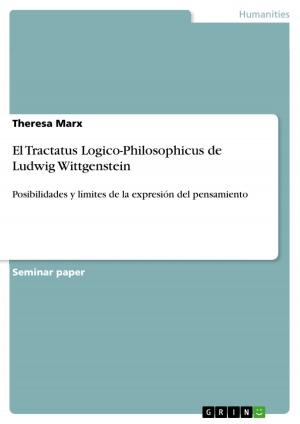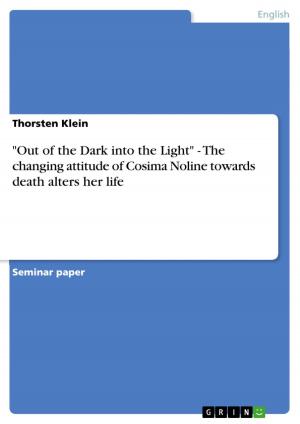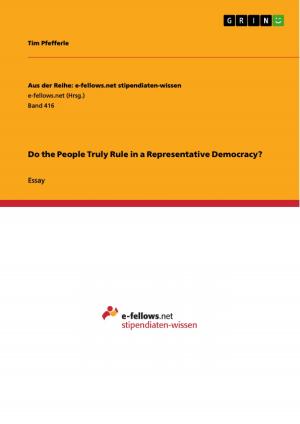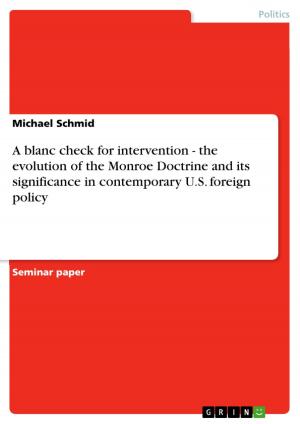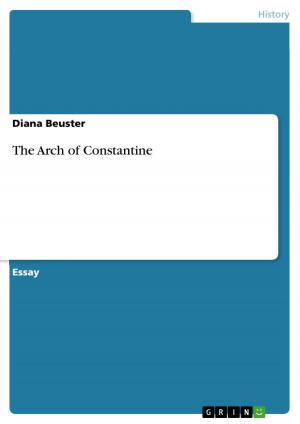Computer Mediated Communication
e-English - Language on the Internet
Nonfiction, Reference & Language, Study Aids, ESL, Foreign Languages| Author: | Sebastian Weber | ISBN: | 9783656059196 |
| Publisher: | GRIN Publishing | Publication: | November 17, 2011 |
| Imprint: | GRIN Publishing | Language: | English |
| Author: | Sebastian Weber |
| ISBN: | 9783656059196 |
| Publisher: | GRIN Publishing |
| Publication: | November 17, 2011 |
| Imprint: | GRIN Publishing |
| Language: | English |
Seminar paper from the year 2011 in the subject English - Pedagogy, Didactics, Literature Studies, grade: 13 Punkte, University of Frankfurt (Main) (Neuere Philologien), course: World Englishes, language: English, abstract: 1. Introduction English, being a global language with more than 400 million L1 speakers and many hundreds of millions second language speakers, has its origin in the Anglo-Saxon period (McIntyre 2009: 31). Throughout time the English language has undergone an extensive change. In the beginning there were four major dialects of Old English. Nowadays, English, as a lingua franca, is spoken in all parts of the world and has become the official language in countries like Uganda, Liberia or Ghana (McIntyre 2009: 31). As my term paper is concerned with the topic of e-English, it is vital to mention that the development of the internet and the World Wide Web, two distinctive terms that must be looked at separately, had a huge impact on the development of English (Baron 2003: 2). As a result of the British colonisation, English spread overseas and had been spoken in all parts of the British Empire. The Expansion of the English language still continues nowadays, though not through colonisation, but a mixture of various factors such as politics, economics and most important with regard to my term paper technology (McIntyre 2009: 27). Therefore, the first aspect to point out in this essay focuses on the technical requirements that facilitate language exchange throughout the entire world. This will lead to the analysis of significant differences between spoken and written language in general and the effects of new technologies like the World Wide Web on the English language in particular. Subsequent to this, the major part of the term paper introduces the umbrella term Computer Mediated Communication (CMC) and investigates the question whether CMC could be seen as a new type of language or not. Since the term CMC encompasses a broad spectrum of writing options ranging from personally written off-line texts on the one end of the scale to one-to-one dialogue through e-mails or short messages on the other end (Baron 2003: 52), various types of CMC including e-mail and chat room language will be discussed and presented within this paragraph. The term paper ends with a conclusion, bringing together the results of the multiple factors involved in CMC read before the question of its influence on traditional written English and communication in daily life.
Seminar paper from the year 2011 in the subject English - Pedagogy, Didactics, Literature Studies, grade: 13 Punkte, University of Frankfurt (Main) (Neuere Philologien), course: World Englishes, language: English, abstract: 1. Introduction English, being a global language with more than 400 million L1 speakers and many hundreds of millions second language speakers, has its origin in the Anglo-Saxon period (McIntyre 2009: 31). Throughout time the English language has undergone an extensive change. In the beginning there were four major dialects of Old English. Nowadays, English, as a lingua franca, is spoken in all parts of the world and has become the official language in countries like Uganda, Liberia or Ghana (McIntyre 2009: 31). As my term paper is concerned with the topic of e-English, it is vital to mention that the development of the internet and the World Wide Web, two distinctive terms that must be looked at separately, had a huge impact on the development of English (Baron 2003: 2). As a result of the British colonisation, English spread overseas and had been spoken in all parts of the British Empire. The Expansion of the English language still continues nowadays, though not through colonisation, but a mixture of various factors such as politics, economics and most important with regard to my term paper technology (McIntyre 2009: 27). Therefore, the first aspect to point out in this essay focuses on the technical requirements that facilitate language exchange throughout the entire world. This will lead to the analysis of significant differences between spoken and written language in general and the effects of new technologies like the World Wide Web on the English language in particular. Subsequent to this, the major part of the term paper introduces the umbrella term Computer Mediated Communication (CMC) and investigates the question whether CMC could be seen as a new type of language or not. Since the term CMC encompasses a broad spectrum of writing options ranging from personally written off-line texts on the one end of the scale to one-to-one dialogue through e-mails or short messages on the other end (Baron 2003: 52), various types of CMC including e-mail and chat room language will be discussed and presented within this paragraph. The term paper ends with a conclusion, bringing together the results of the multiple factors involved in CMC read before the question of its influence on traditional written English and communication in daily life.
